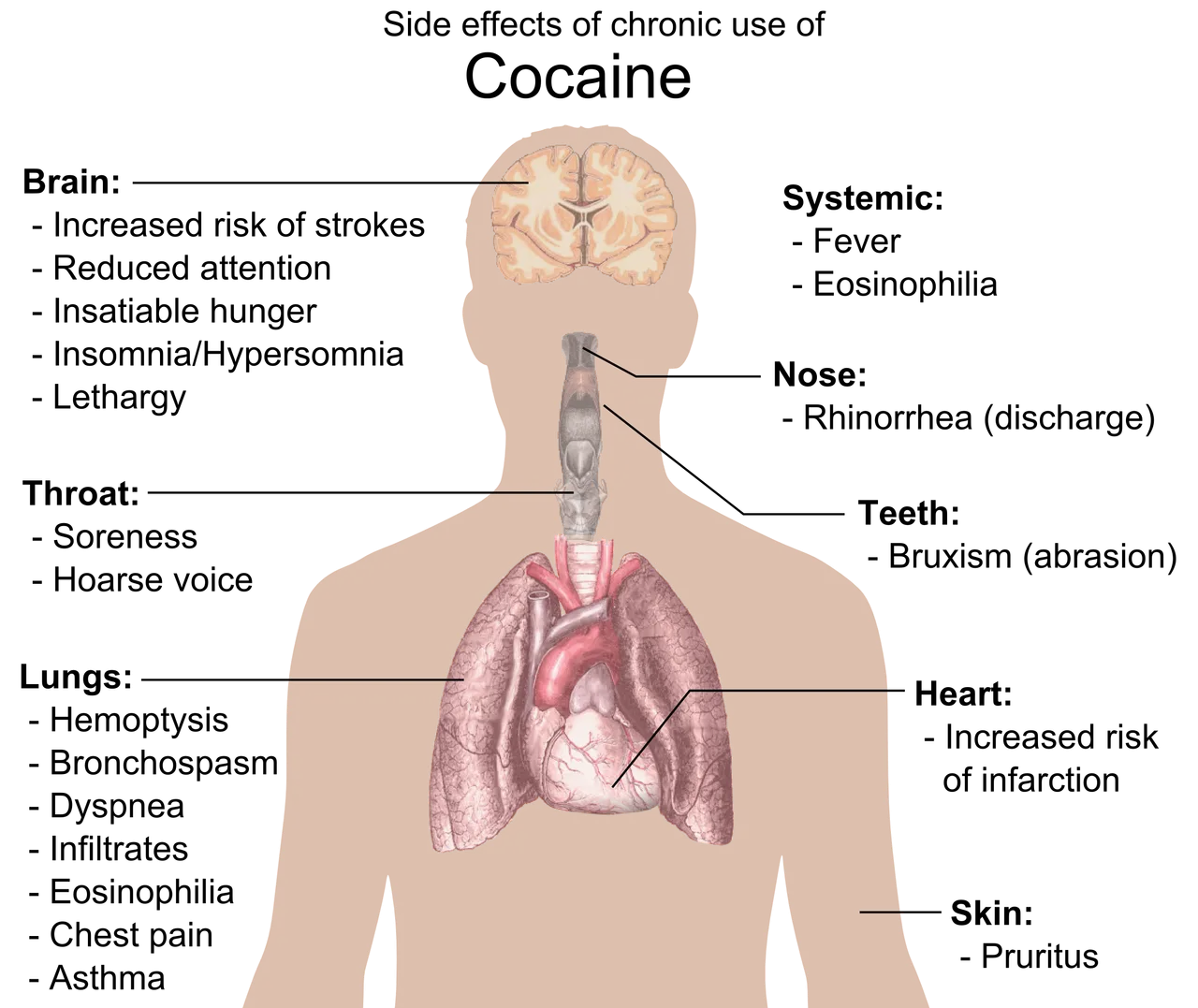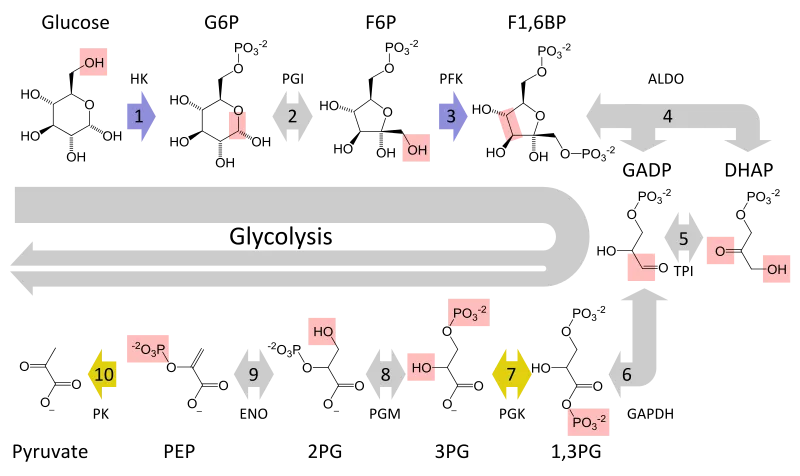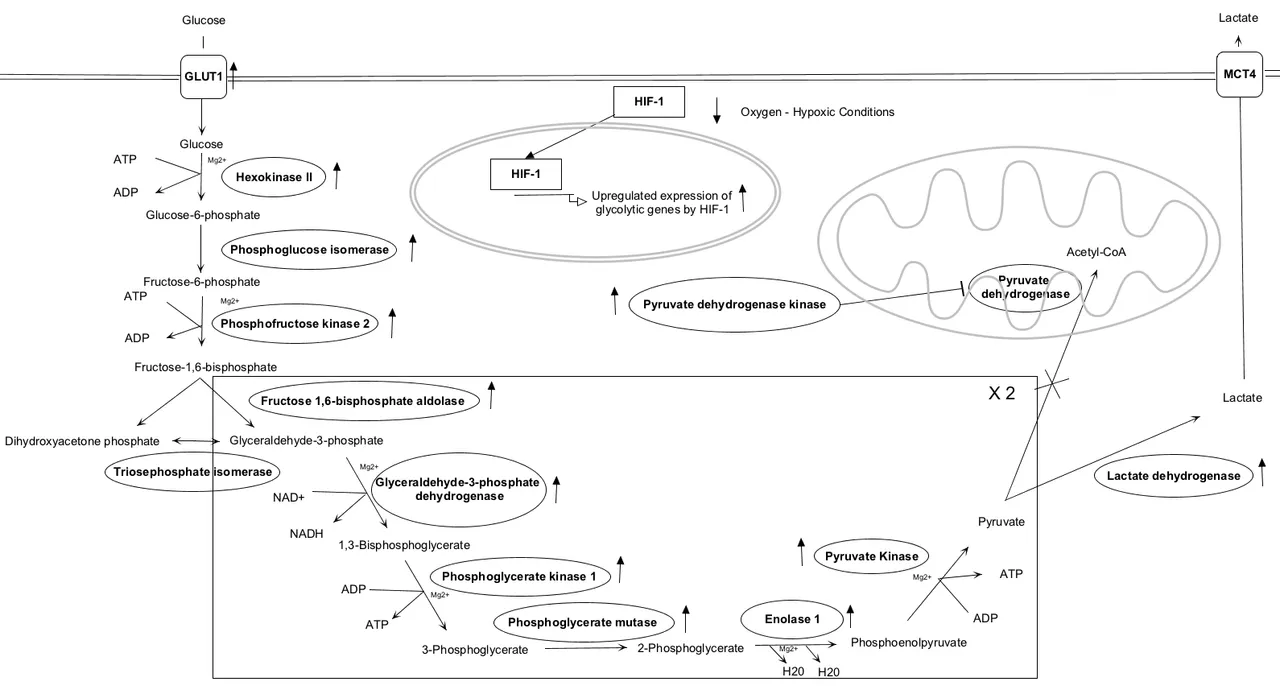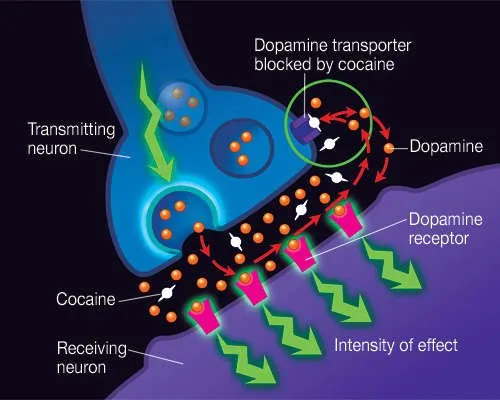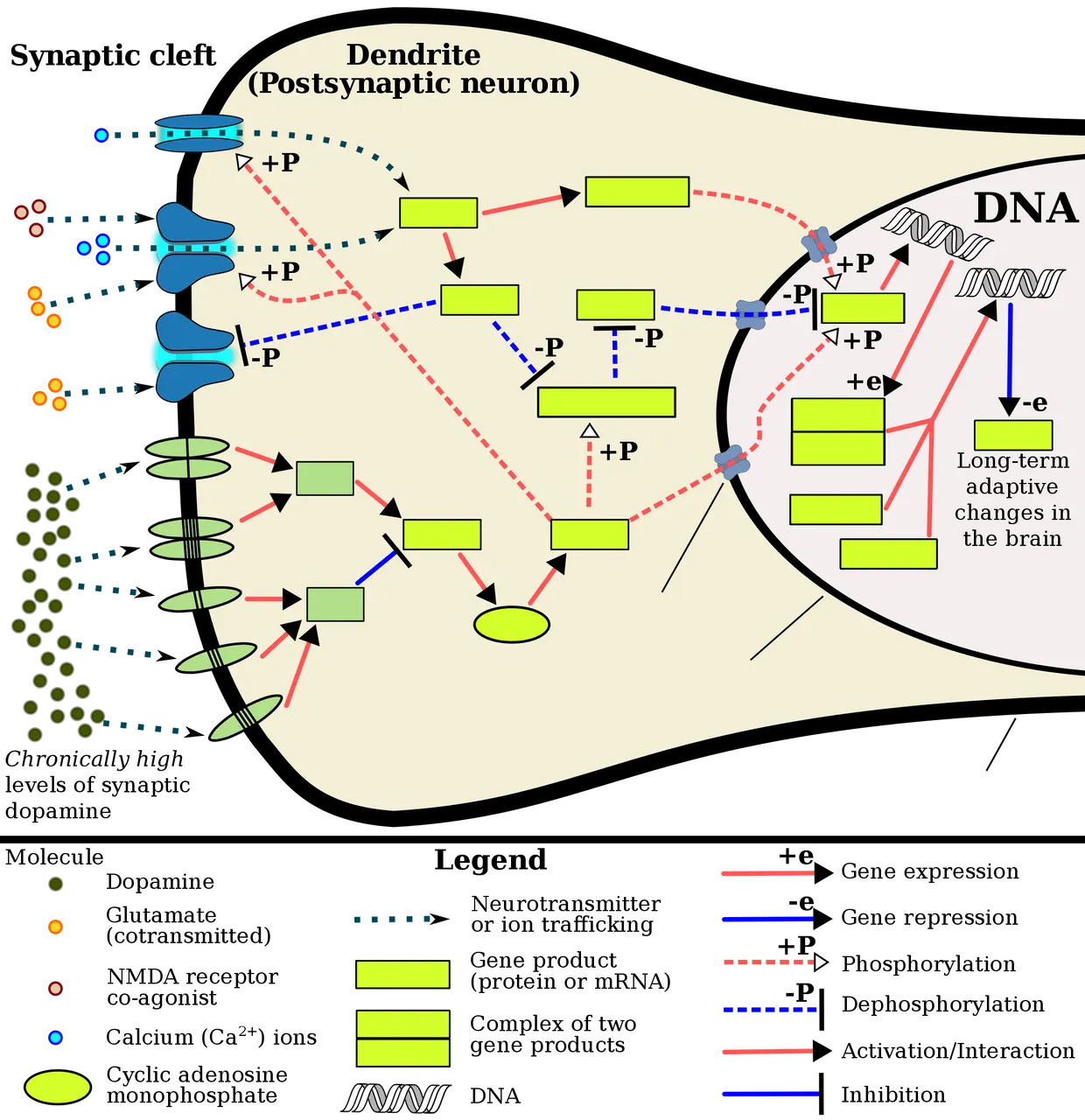@fancybrothers' post is here.
@greenrun's post is here.
My Bias
So before I start to write my response to @fancybrothers and @greenrun I wanted to state a few things. First off, I enjoyed their posts and am not posting this as a criticism to them but rather as an additive amounts of information, on the other side. Secondly, since articles have been popping up on my facebook newsfeed with claims like these since around 2013 I have familiarized myself with some of the studies and have also come to the same final conclusion about the addictiveness of sugar which is that sugar is addictive, and could be compared to cocaine to find that it may be more addictive. Thirdly this post is written as the devils advocate to their post meaning I am going to be arguing against my bias, I will try to not have my bias show but if it does then at least you know what it is so that you can tune it out. Even with this bias I do hold skepticism to the claim and since I do not have the ability to test the claims myself, I am going to have to produce a bias based upon the information provided through studies of other people, also I do not want to spend a bunch of money on cocaine and potentially risk jail. I apologize if this seems kind of thrown together last minute, it was. Again before we get into it I want to say that this post is meant as a friendly debate, not an attack or criticism. Let us begin!
Background: The Claims
The claims of the other posts are that sugar, or more specifically sucrose, is more addictive than cocaine. If you have not read the other posts I recommend you do at least for reference and possibly to reward the other authors. To which their sources, collectively, to back up their claims are as follows: [r1] [r2] [r3].
Now each post cites the study here which is source [r1] of theirs but it cites it in different locations so I only posted it once. This study looks directly at experimental evidence on whether rats preferred to drink sweetened water or to have a 25mg dose of cocaine[r1].
My Response
First of all the question on which is more addictive between cocaine and sugar is a biased question in that it presupposes that sugar is definable as addictive. A study published on July 2nd 2016[s1] states the following as its conclusion:
Given the lack of evidence supporting it, we argue against a premature incorporation of sugar addiction into the scientific literature and public policy recommendations.
In order to come to this conclusion the group took a look at around 127 different published research papers/studies and analyzed each of them together to determine whether or not sugar can be classified as addictive. Now I can flood you with more studies that come to the same conclusion the problem is that many of the studies have been, knowingly, paid for by companies that profit in the sales and distribution of sugar which brings in question their bias so instead of continuing to argue the addictiveness of sugar, as that would be a rather anticlimactic debate, I will go about making my arguments under the same assumption which is that sugar is addictive. For a better overview of the study presented than mine look here which will be source [s2] in references.
How Sugar Works
Now if you do not know, sucrose is a sugar molecule that is made when you combine glucose and fructose meaning that when it breaks down in your body, your body first breaks the sucrose molecule into fructose and glucose before further breaking it down for energy. This is important because the primary source of energy for your body is the very complex process of the, essentially, oxidation of glucose which is shown in picture [pn].
I personally do not want to explain how the glycolytic pathway works, as it is out of the scope of this post, but if you do want to know then I highly recommend the wikipedia article on this as it is probably the biggest reason why I passed that test[s3]. The reason why I bring this up though is to state that even with potential negative side effects of sugar, it does provide us with the primary energy source for our body meaning it isn't all bad. Now continuing on from this when looking at the addictiveness of sugar we will need to define what addictive is and then see how sugar itself can play on that.What is an Addiction
Addiction (addicted) is defined[s4] as the following:
having a compulsive physiological need for a habit forming substance
Now we can break this need down into 2 categories: a physical need and a mental need. Physically our body needs glucose or some other form of non-fiber carbohydrate as our bodies cannot break down cellulose, or at least not efficiently, but we do not need sucrose specifically; however studies have found that: "Discontinuation of sucrose consumption in some individuals can elicit withdrawal symptoms and craving that reinitiates sweet food intake,"[s5] but the withdrawal symptoms appear to be limited to mild effects according to that paper and its sources (i.e. fatigue, hunger, thirst, etc). The explanation for how sugar is addictive could come from the knowledge that sugar activates both the dopamine pathway in the brain and the opium pathway[s6] but before we continue we will look at cocaine.
Cocaine is roughly similar to that of sugar in how it rewards you, it triggers the dopamine pathways and it has been found to trigger the opium pathways but the big difference between cocaine and sugar is how they trigger/activate the pathways.As for dependencies of cocaine, many are mild such as fatigue, increased appetite, slowing of activity, cravings, and a bigger one is depressed mood which we will come back to.[s7] [s8] [s9]
Dopamine Pathway
Each substance discussed here activates the dopamine neurological pathways in the brain but what I am going to discuss here is how they activate those pathways. Sugar activates it from built in mechanisms in our body that detect the sugar and release dopamine to notify the brain that we did something good. It has been found that over long periods of time with consistent exposure that our brains will start to release more and more dopamine[s10] but it is important to know how dopamine works. In a nerve connection in the brain, there are receptors for chemicals like dopamine, serotonin, etc and there are proteins on the neuron surfaces that actually pull those chemicals into the neuron and out of the synapse. If the chemical is present in the synapse then it causes an effect (either excitatory or inhibitory depending on location) but the effect of reward is dependent on the number of receptors. Now more of the chemical will mean that when the chemical unbinds from the receptor it is more likely that another molecule will bind the receptor meaning that more of the chemical (such as dopamine) present in the synapse can increase the effect, but it also increases the chance that it will be pulled out of the synapse. Cocaine on the other hand doesn't work by increasing dopamine released into the synapse and instead works by preventing dopamine from being taken out of the synapse thereby making the dopamine spend way more time there meaning that anything that would cause dopamine to be released would have its positive effect last way way longer, and a lot of things release dopamine.
Other Effects
Now that we know how each of these reacts with the dopamine pathway we can discuss other effects, such as pathways, that they affect, without going into as much detail. Each affects different portions of the opioid (pain killing) pathway in the but something else that is interesting is the role that each can play in epigenetics. Cocaine actually has the ability to change how certain genes in neurons are expressed[s9] and one such molecule that it affects is ΔFosB which is a transcription factor (affects how much a gene represented) which gives cocaine an edge in addiction, at least for 6-8 weeks before the chemical breaks down. You see cocaine usage causes the production of ΔFosB in specific neurons and when independently tested with mice (without any cocaine) by raising the levels of ΔFosB they found that the mice held similar behaviors to that of mice with addictions to cocaine. Ultimately what this goes to show is that cocaines addiction extends well beyond the affects that it has on dopamine. Now sugars epigenetic affects (specifically referring to addiction) has limited study when referring to the brain (although lots when it comes to insulin sensitivity) which doesn't mean it doesn't have strong epigenetic characteristics but rather that there is limited study in the area.
Conclusion
My conclusion, assuming that sugar is addictive, is that it you cannot truly compare the addictiveness of cocaine and sucrose as they each have slightly different methods of being addictive. Each can cause long term health problems, and death, if they are taken in unhealthy amounts but unfortunately the science appears to point to different methods of creating an addiction. Since there methods of addiction are different that means that the level of addiction will be subjective to the user and if you do not know why you should not compare subjective items then the reason is because it is nearly impossible to produce a standard. Its like pain, some people say that breaking a bone is super painful and others can have a similar break and say it didn't hurt at all.
References
[r1] www.foodaddictionsummit.org/docs/Lenoir_Serre_Article.pdf
[r2] www.corespirit.com/deadly-truth-sugar-tips-save-life/
[r3] www.imdb.com/title/tt4649466/ :: No idea why this was referenced by @fancybrothers
[s1] www.ncbi.nlm.nih.gov/pmc/articles/PMC5174153/
[s2] www.psychiatry.cam.ac.uk/blog/2016/07/21/sugar-addictive-probably-not-say-cambridge-neuroscientists/
[s3] en.wikipedia.org/wiki/Glycolysis
[s4] www.merriam-webster.com/dictionary/addicted
[s5] www.ncbi.nlm.nih.gov/pmc/articles/PMC4001815/
[s6] www.ncbi.nlm.nih.gov/pmc/articles/PMC2235907/
[s7] drug.addictionblog.org/dependence-on-cocaine/
[s8] www.drugabuse.gov/publications/research-reports/cocaine/how-does-cocaine-produce-its-effects
[s9] www.ncbi.nlm.nih.gov/pmc/articles/PMC2851032/
[s10] /www.ncbi.nlm.nih.gov/pubmed/15987666
[p1] commons.wikimedia.org/wiki/File:Side_effects_of_chronic_use_of_Cocaine.png
[p2] en.wikipedia.org/wiki/File:Glycolysis_metabolic_pathway_3_annotated.svg
[p3] en.wikipedia.org/wiki/Tumor_hypoxia#/media/File:HIF-1_Glycolytic_Pathway.png
[p4] commons.wikimedia.org/wiki/File:%CE%94FosB.svg
Special note on [sp1] is that it is free to use under the assumption that the material is used for educational purposes. I believe that this post could be deemed educational into the idea that a debate can teach people about both sides.
[sp1] www.drugabuse.gov/publications/research-reports/cocaine/how-does-cocaine-produce-its-effects
Most people do not know the difference between the word forte and forte, they even pronounce them the same way. Now forte is pronounced as "for-tay" and has to do with volume. For instance, in music forte means loud. However when you, or someone else, talks about something they excel at (or don't excel at) you may use the word forte pronounced the same as the word fort. So the next time you are at dinner and someone says that cooking is not their "for-tay" you now know that what they are saying means cooking is not their loud.
Source
Do you enjoy reading or writing topics related to STEM (Science, Technology, Engineering, and Mathematics) then I would suggest checking out @steemstem! They do wonderful work curating the best STEM related posts on Steemit. For more information check out the SteemStem chat room on steemit.chat or check out their Guidlines and start writing.
